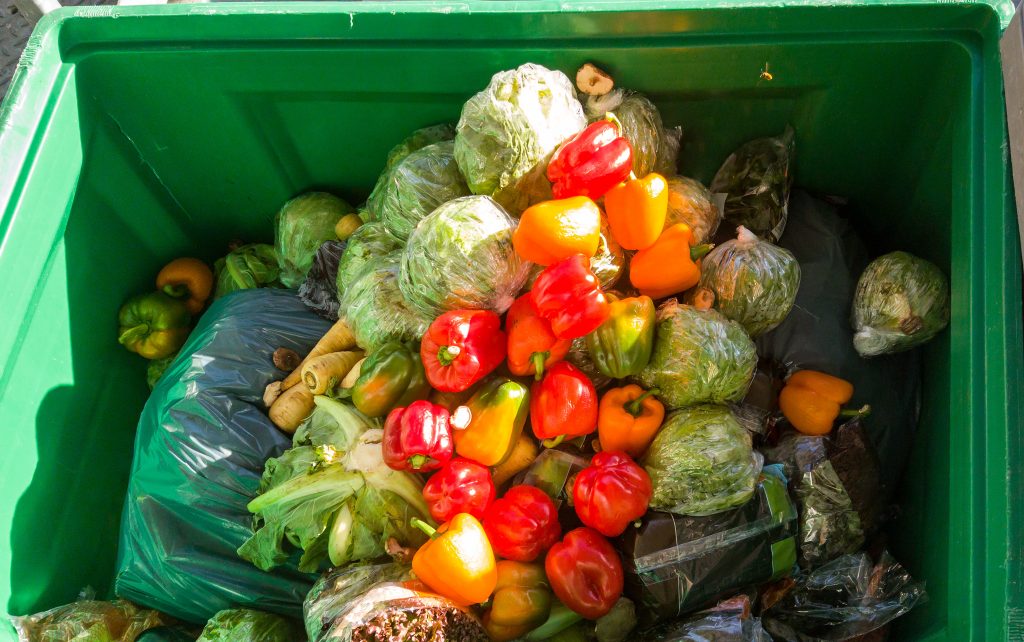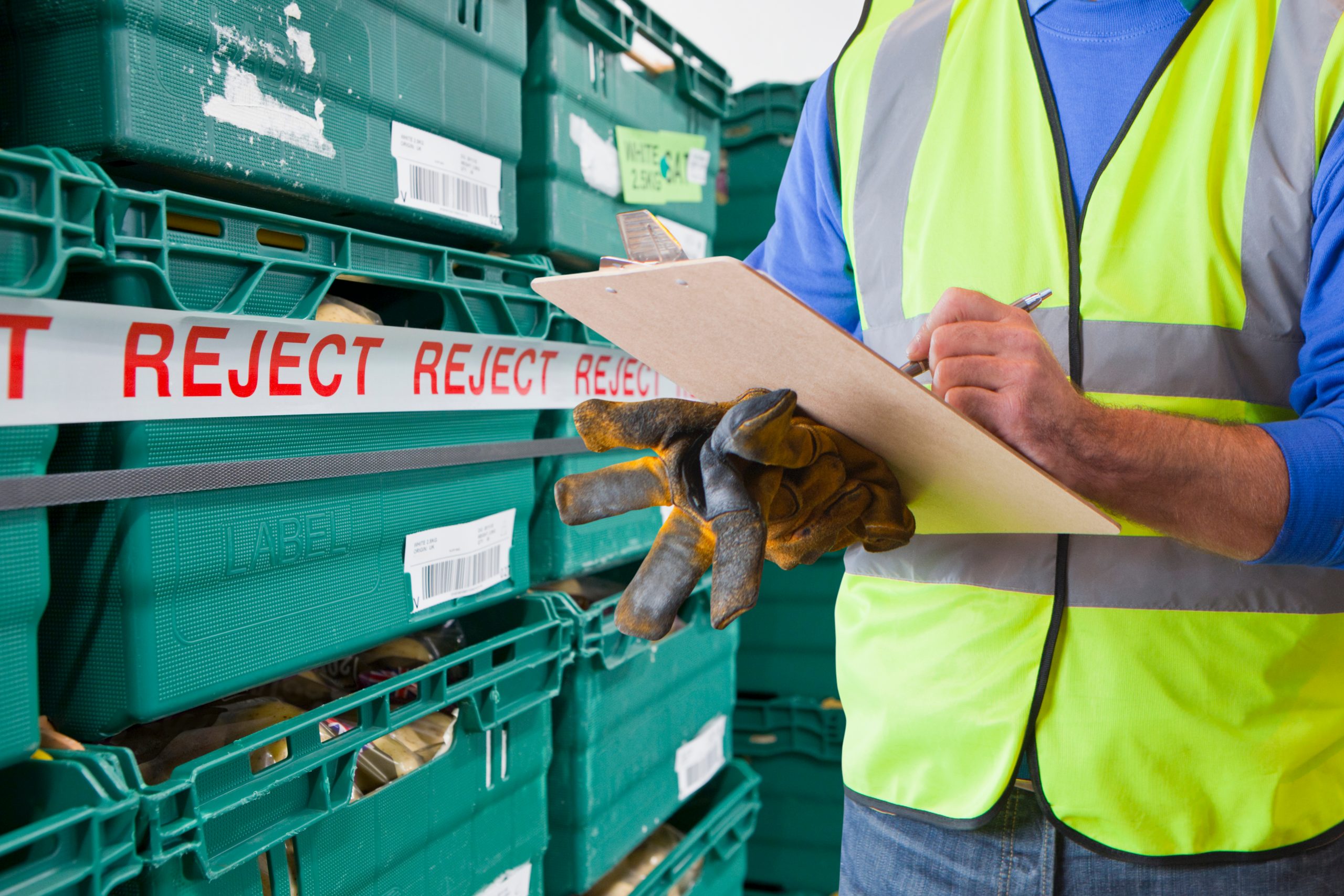How Technology is Shaping Food Waste Prevention – What gets measured, gets managed!
The scale of food waste in the European Union is staggering — every year about 88 million tonnes of food are wasted across Europe alone, at a cost of €143 billion. According to the UN Food and Agriculture Organization (FAO), this means that about a third of all food is wasted globally. Food waste is generated at all sectors of the food value chain: 70 percent of waste comes from food service, retail, and households, the remaining 30 percent of food waste occurs in the production and processing spheres.

Reducing food waste can have far-reaching benefits that go beyond saving money. Food waste is an ethical issue: wasted food is responsible for around 8 percent of global greenhouse gas emissions, and hunger is still a significant problem globally. While so much food is thrown away, 43 million Europeans remain unable to eat a quality meal every second day.
“What gets measured gets managed.” Understanding the scope and scale of food waste is key to figuring out what to do about it. As of early 2019, according to the WRI report, several European countries were measuring food waste or loss within their borders: Denmark, Estonia, Italy, the Netherlands, Norway, Slovenia, Spain, and the UK. However, because a lot of food waste happens at the local level, municipalities and individuals in countries that both do and do not centrally track food waste have significant opportunities to measure their food waste.
Reb8 Solutions has developed and launched a suite of solutions to help tackle these problems. To gain more information please email enquiries@reb8recycle.com

